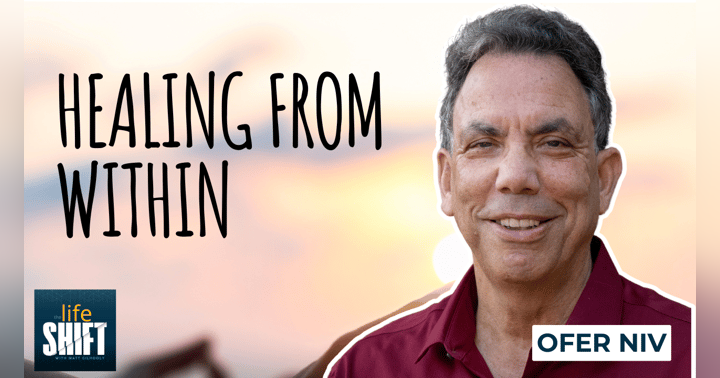Finding Empowerment in Trauma: A Conversation with MC McDonald

In this episode, I spoke with Dr. MC McDonald, a trauma expert and author of a new book, about her experiences and insights into trauma and its effects on the human psyche.
Our conversation began with an introduction to MC and her background in studying grief and trauma. We discussed the power of storytelling and how it can empower the listener and the storyteller. MC shared her personal story of experiencing the loss of her father and the panic attacks that followed. She admitted to being raised in a household where emotions were to be managed and suppressed and how her coping mechanisms worked until they stopped being effective.
We talked about the societal pressure to live a "checklist life" and how it can lead to a fear of not being accepted or loved if we can't meet those expectations. MC shared how she initially approached therapy as a quick fix, but her experience with a new therapist forced her to confront the need for deep-rooted change. We discussed how trauma can shatter the story we've created for ourselves and how telling our stories can help us gain perspective and understanding.
One of the episode's most powerful moments was when MC talked about the importance of acknowledging and processing trauma so that it doesn't become an un-integrated memory that causes reliving instead of remembering. She highlighted the value of taking an external perspective when telling one's story, signaling to the brain that what happened is in the past and that the person is in the present.
We also discussed the importance of hope in the healing process and how trauma can ultimately lead to personal growth and empowerment. MC shared that her experiences have made her a more well-rounded human being, and she now has a deeper understanding of her strengths and how to handle breakdowns moving forward.
In conclusion, my conversation with MC McDonald was a profound and insightful exploration of trauma and its effects on the human psyche. From her experiences to her expert insights, MC shared valuable lessons on how acknowledging and processing trauma can lead to personal growth and empowerment. I hope our conversation will help listeners feel less alone in their experiences and inspire them to seek the help they need to heal and grow.












